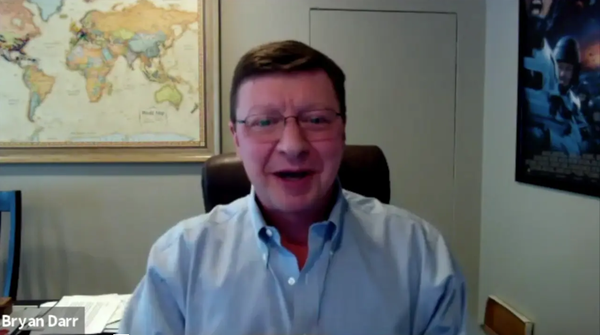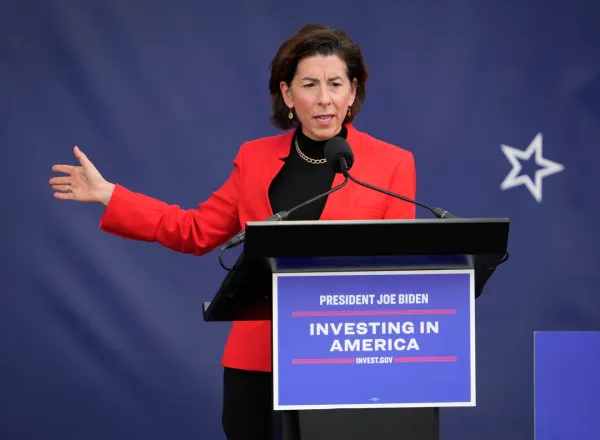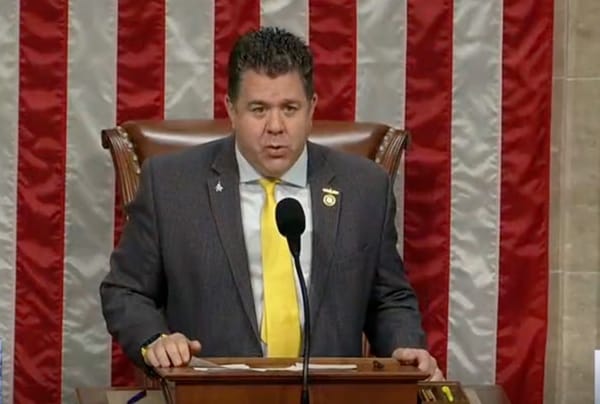Foreign Policy Research Institute Holds Cybersecurity Talk
WASHINGTON, June 17, 2011 –,The Philadelphia-based Foreign Policy Research Institute presented expertise on the emerging threat in cyberspace Thursday to journalists, private sector industry leaders, government officials and strategists in Washington. Lawrence Husick, Senior Fellow at Foreign Polic
WASHINGTON, June 17, 2011 –,The Philadelphia-based Foreign Policy Research Institute presented expertise on the emerging threat in cyberspace Thursday to journalists, private sector industry leaders, government officials and strategists in Washington.
Lawrence Husick, Senior Fellow at Foreign Policy Research Institute’s (FPRI) Center on Terrorism and Counter-Terrorism, offered his expertise on leveraging technology as a defining characteristic of the modern terrorist. His presentation centered on the rapidly evolving nature of cyber attacks, and the lack of a comprehensive private sector cybersecurity initiative.
Husick expertise illuminated gaping technical holes in current cyber protection efforts.
“We have complex computers and networks that run the world, and these systems are vulnerable and attractive targets,” said Husick. “We have stricter laws on screening our pharmaceutical drugs than we do for the microchips we depend on.
“The consequences are not that these systems will be difficult to fix should they be attacked,” Husick continued, “but rather, that they will be reprogrammed to do the wrong thing at the wrong time.”
Chair of the House Subcommittee on Intellectual Property, Competition, and the Internet, Rep. Bob Goodlatte (R-VA), expressed similar sentiments last month when his subcommittee held a hearing to probe Obama administration officials on the President’s cybersecurity review.
“Despite the fact that the federal sector grabs the headlines, in many respects it really is the private sector that stands on the front lines of cybersecurity,” said Goodlatte.
Legislation, however, is only part of a needed approach, Husick asserted.
“In addition to appropriate legislation, the federal government should use its contracting to establish standards fir data security and integrity among its contracting partners, taking the lead by example and offering assistance,” he said.
Those comments drew agreement from at least one of the attendees.
“He’s right. There’s no leadership in the private sector. There’s a lot of pious talk, and committees,” said Mark Davis, Senior Director of White House Writers Group.
Davis, whose expertise lies in online reputation management, acknowledged the very real, and potentially fatal physical threat cyberattacks.
“I don’t know if there will be an Electronic Pearl Harbor, but there will be [cyber related] events that kill people that will wake officials up,” he said. “Because of the oceanic nature of the Internet it will always make it difficult to defend, but if there’s no effort, we’re not even in the game.”
Husick defined cyber threat as three separate, but overlapping, categories with separate, but interdependent, goals: cyber crime, aimed towards monetary ends and often used to fund cyberterrorisim; cyberespionage, aimed at obtaining high-value information and data of an enemy; and cyberwarfare, the chief end being disruption of critical infrastructure systems, both military and civilian.
Husick, also gave his insights on his captured strain of the Stuxnet virus, a virus that disrupted Iranian uranium enrichment efforts in 2010. His efforts enabled experts to study the malicious strain that he termed a ‘software guided missle.’
FPRI’s talk came a day after House Subcommitee on Commerce, Manufacturing and Trade Chairman Mary Bono Mack assembled subcommittee members, government and private sector witnesses to review the language of the discussion draft of her upcoming bipartisan data breach security bill.
Further detail about Husick’s work on understanding cyberspace as a battlefield can be found online at http://www.fpri.org.






